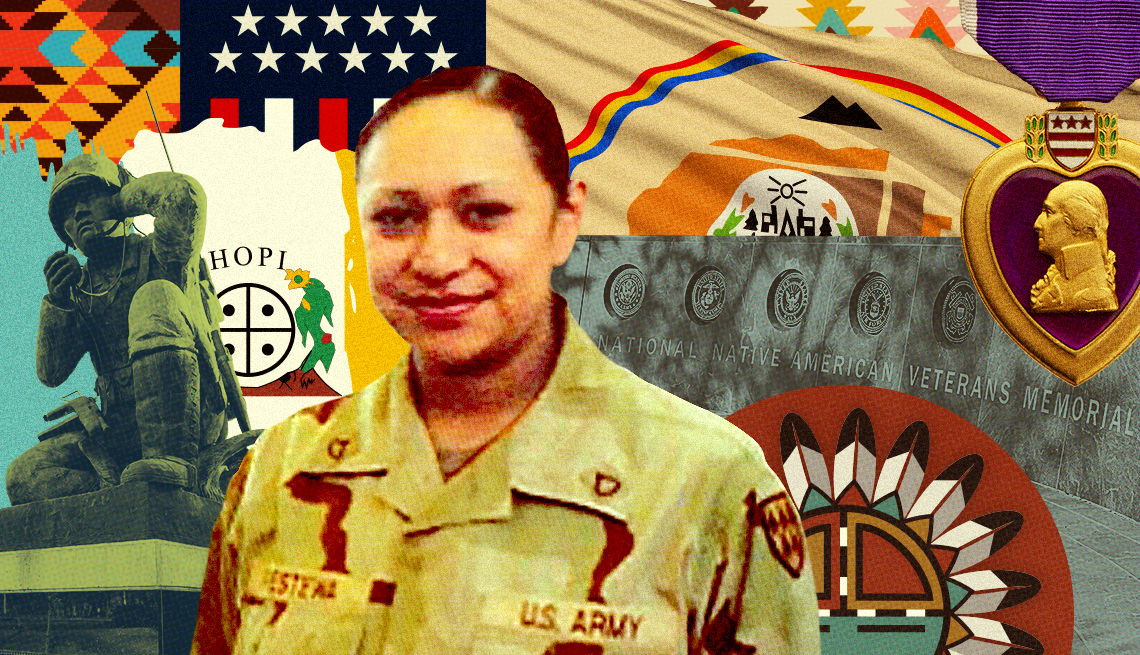
Here’s why so many native americans serve our nation
- Select a language for the TTS:
- UK English Female
- UK English Male
- US English Female
- US English Male
- Australian Female
- Australian Male
- Language selected: (auto detect) - EN
Play all audios:

Since its genesis, the United States has had a complex and painful history with Native Americans, who were not considered citizens until 1924. Tens of thousands died during forced relocation
to reservations, and the remaining tribes were stripped of their language and traditions. “Native Americans have fought in every war that the American flag has flown in,” Bill Stam, 88, an
Air Force veteran of the Lakota tribe who fought in Korea and Vietnam, told _AARP Veteran Report._ “We have more volunteers in the military than any other group of people.” Since 9/11, the
rate of Native Americans serving is the highest of any groups, with nearly 19 percent joining the military. Given their history, many have wondered why Native Americans would serve their
country in the armed forces at such a high rate. Here are four big reasons why: 1. CORE BELIEFS “In many tribes, bravery in battle was part of the core beliefs and characteristics you needed
to possess in order to rise to real leadership,” says Jeff Means, a member of the Oglala Lakota tribe who is a Marine Corps veteran and history professor. “You also had to be generous and
honorable, but because conflict between Native nations and Europeans increased so much when European contact happened, warfare became pretty much endemic to most Native nations. So, this
warrior ethos became part of most Native nations.” 2. PROTECTING COMMUNITY Rebecca Trautmann, project curator for the National Native American Veterans Memorial in Washington, D.C.,
collected stories of Native Americans for the Veterans History Project. “The one thing that we heard again and again across the country was an inherited sense of responsibility to protect
one’s homeland, community, family and way of life,” she told _._ “They have this deep connection to the land where communities had such deep roots. One veteran in Colorado said: “This land
that we live on holds our great-great-grandparents’ bones, and we’re committed to defending it and protecting it.”
